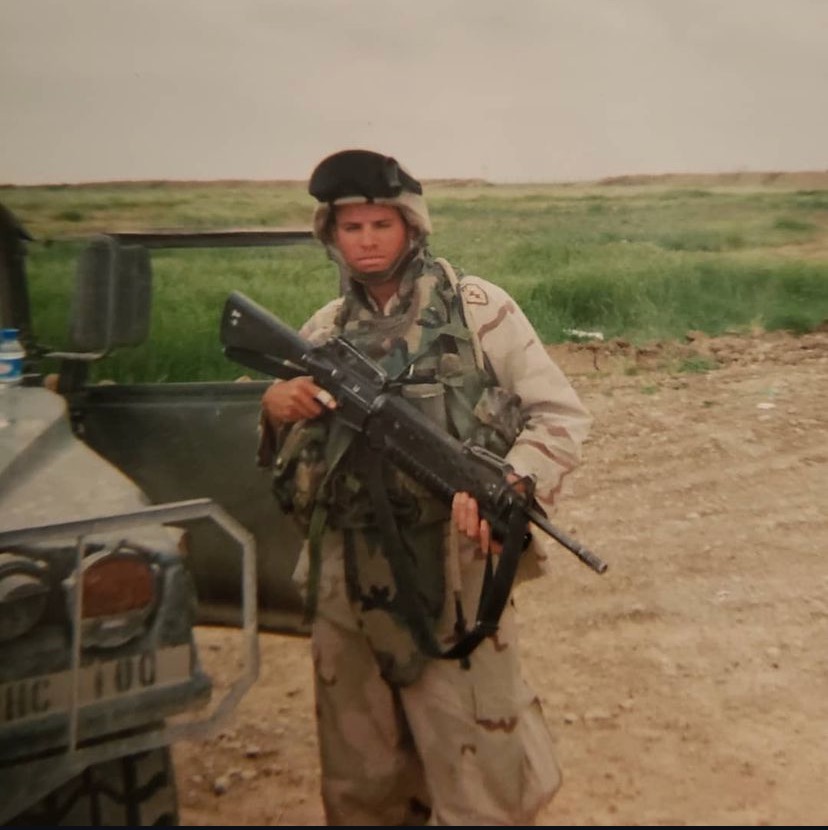On Veterans Day, decorated combat veteran Mitchell Bosch finds himself heading to Washington, D.C., not for celebrations, but to face charges related to the events of January 6, 2021. His trial begins with jury selection set for the following day, marking a stark contrast between his past service in Iraq and Afghanistan and his current legal struggles. Bosch’s arrest by the FBI this year came under violent circumstances, as agents confronted him unexpectedly in front of his Brooklyn apartment while he was shoveling snow. This incident epitomizes what many perceive as a broader pattern of persecution against veterans by the current administration.
In the aftermath of the January 6 incident, a stark reality has emerged: many veterans, like Bosch, have found themselves disproportionately targeted by federal authorities. Despite President Trump’s offer to deploy the National Guard to secure the Capitol, which was denied, federal prosecutors have continued to pursue prison sentences for individuals such as Bosch—arrests that are often criticized for lacking concrete evidence of harm or property damage. The trend raises concerns about the treatment of military veterans within the legal system, particularly during an era of heightened political division.
Born and raised in New York City, Mitch Bosch actively engaged in medical freedom advocacy during the pandemic. In late 2020, he joined a movement at Union Square Park, speaking out against lockdowns, mandatory masking, and vaccine mandates, which he and others perceived as overreach by the government. Bosch became a prominent figure in what became known as the “New York Freedom Rally,” where he and his peers emphasized civil liberties and fundamental rights, voicing their opposition to policies they considered unconstitutional.
Bosch’s commitment to his beliefs led to significant confrontations with law enforcement. Over the course of the pandemic, he was arrested eleven times for attempting to enter various establishments without a “vaccine passport.” Despite these arrests, all charges were ultimately dismissed, and Bosch, along with other activists, maintained a largely peaceful protest. His actions underscore the broader conflicts and tensions that emerged during this time as public sentiment regarding government mandates grew increasingly polarized.
The January 6 event itself is shrouded in controversy, with claims that some attendees were misled by infiltrators. Bosch, who remains adamant that he did not engage in violent actions, merely stood outside the Capitol, asserting that he was not a threat. His subsequent arrest reveals an alarming narrative where those who served the nation in combat—many of them veterans—now face adverse repercussions for exercising their right to protest. This situation raises profound questions about accountability and support for service members after their military careers.
As Bosch prepares for trial, there’s a collective sense of hope among supporters that potential political changes might influence his fate and that of others similarly charged following January 6. Amid this turbulence, the call for prayers and support for veterans who have weathered legal storms reinforces the bond many share in their pursuit of justice. Through enduring political and social struggles, veteran advocates like Bosch remind the public of their sacrifices both in the military and in defending civil liberties, prompting reflections on the true meaning of service and freedom in America.

